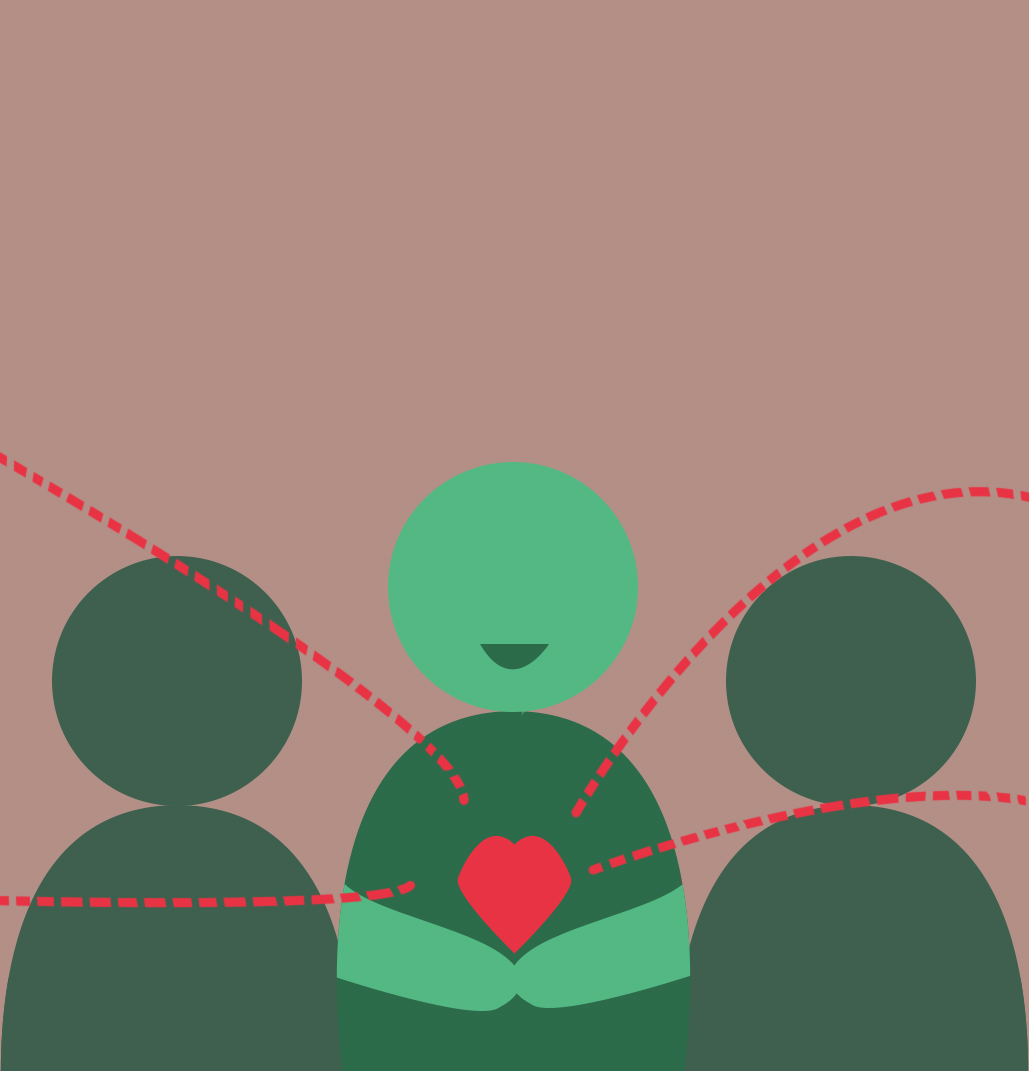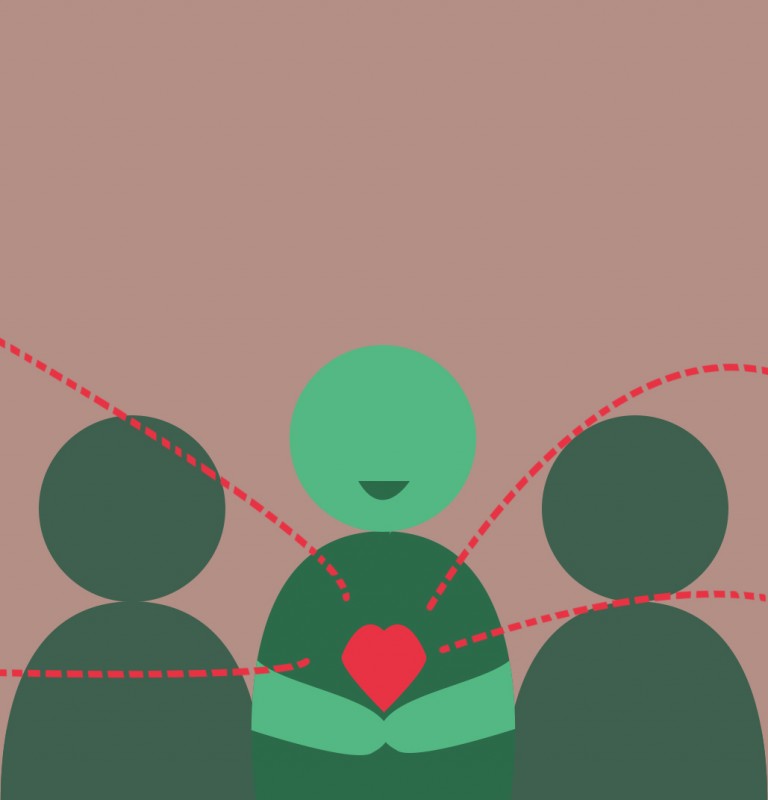Empathy and justice

Through what are referred to as mirror neurons, reflective brain areas of observers appear to recreate the unpleasant experience — neurologically, they sensed the other’s pain.

Philoctetes was a good man and a great warrior. Misfortune, however, overtook him and on his way to Troy to fight the Greeks — a venomous serpent bit him.
His wound began to ooze a foul-smelling exudation and his cries of pain disturbed the other soldiers.
Worried about the morale of the fighting unit, the military leaders abandoned him on an island.
According to Sophocles’ story, a decade later the soldiers returned to the island to retrieve Philoctetes, realizing they could not win a battle without their great warrior and his magic bow.
And while his superior officers had no other purpose but to use him in battle, the Greek chorus imagined and described the many difficulties Philoctetes faced during his exile; for the chorus and the audience it was an experience in empathy.
What followed was the systematic study of empathy.
Numbered among empathy’s advocates were Rousseau, Schopenhauer and Adam Smith; empathy’s many opponents were Spinoza, Kant and Nietzsche.
For some, empathy was a vital bridge between the individual and their community, a fundamental way of linking our own interests to the interests of others.
Those opposing empathy worried that it might compel us to make decisions in terms of emotional rather than rational factors.
In Rhetoric, Aristotle argued empathy is a painful but necessary vicarious emotion directed at another person’s misfortunes and suffering, and matters deeply for our own lives.
Rousseau argued that an awareness of one’s own weaknesses and vulnerabilities is a necessary pre-condition for empathy.
In Emile, Rousseau writes: “Why are kings without pity for their subjects? Because they count on never being common human beings. Why are the rich so hard toward the poor? It is because they have no fear of being poor… make him understand well, that the fate of all these people can be his, and that all their ills are there in the ground beneath his feet, that countless unforeseen and inevitable events can plunge him into them from one moment to the next. Show him all the vicissitudes of fortune.”
There are laboratory data to support Rousseau’s wise lessons.
In a recent issue of Science, researchers found that seeing a loved one endure a slight electric shock activated an area in the brain of the observer responsible for processing pain, pointing to a possible neurological basis for empathy. Through what are referred to as mirror neurons, reflective brain areas of observers appear to recreate the unpleasant experience — neurologically, they sensed the other’s pain.
When individuals watched their partners being shocked, their own sensory cortex was quiet but emotional centers in their brains sprang into action.
We do seem to put ourselves in another’s emotional shoes, and it may be hard-wired.
Empathy, as it is with other emotional responses, may have gradually evolved in humans, but such responses may be shared by other species.
For example, monkeys will stop eating if they see that pressing a lever delivering food causes a second monkey to be shocked.
To many critics, empathy can provide a powerful vision of social justice and can repudiate our modern tendencies toward the dehumanization of others.
Our public institutions can commit themselves to cultivating in students the ability to imagine the experiences of others and participate more actively in their sufferings.
Often bereft of vision, our own political leaders must develop an ability to take on, in their imaginations, the lived experiences of the many diverse groups they supposedly serve.
Martha Nussbaum, in her book Upheavals of Thought: A Theory of Emotions writes: “Tragic pity provides a powerful vision of social justice, and that judgment that does not employ the intelligence of compassion in coming to grips with the significance of human suffering, is blind and incomplete.”


